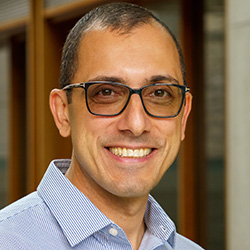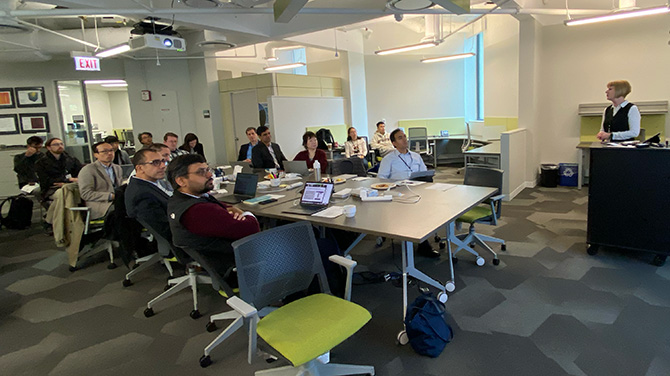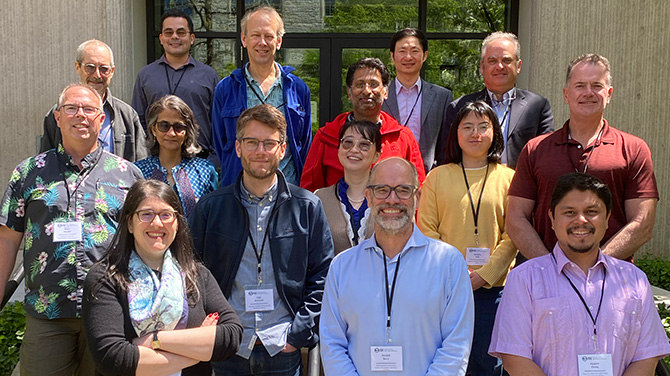Leveraging Collective Strengths to Advance Research in Wireless Communication and Microelectronics
Department of Electrical and Computer Engineering faculty members Randall Berry and Pedram Khalili co-organized two recent workshops sponsored by the Northwestern-Argonne Institute of Science and Engineering (NAISE) for scientists and faculty to leverage key strengths and complementary capabilities in the areas of advanced wireless communications and microelectronics.
NAISE’s mission is to build, sustain and support collaborative research between Northwestern University and Argonne National Laboratory in both strategic and emerging fields — including energy, biological and environmental systems, data science and computation, water, and advanced materials— while providing the next-generation workforce with unique educational opportunities and resources.
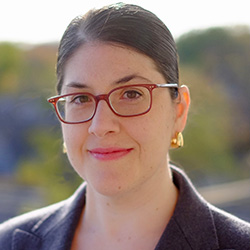
Advanced wireless communications
On May 10, NAISE hosted the “5G+ Communication for Science” workshop to develop a research agenda for advanced wireless communications to support science applications.
The co-organizers of the workshop were Gulsoy; Berry, John A. Dever Chair of Electrical and Computer Engineering at the McCormick School of Engineering and NAISE senior fellow; and Rajkumar Kettimuthu, senior fellow at NAISE and computer scientist and group leader at Argonne National Laboratory.
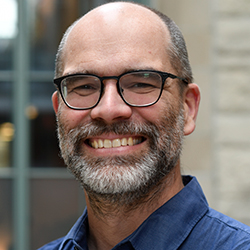
Through invited talks and breakout sessions, workshop attendees determined research opportunities, identified the scientific application requirements for advanced wireless communications and pinpointed how those differ from industry requirements, defined the gaps in radio access networks and core in addressing application requirements, and discussed operation challenges including spectrum usage for research testbeds and potential solutions.
Amitava Ghosh, head of Nokia’s radio interface group, gave the keynote address “On the Path to 6G: Industry Alignment and Collaboration Are Key to Make it a Success.”
Workshop on microelectronics
Due to the important national security and economic implications of semiconductors and microelectronics, the Creating Helpful Incentives to Produce Semiconductors (CHIPS) and Science Act of 2022 underscored the strategic priority of US research in these technologies.
The NAISE workshop on microelectronics last month was co-organized by Gulsoy; Khalili, associate professor of electrical and computer engineering at Northwestern Engineering; and Charudatta Phatak, group leader and materials scientist at Argonne National Laboratory, a NAISE senior fellow, and adjunct professor of materials science and engineering at Northwestern Engineering.
The workshop helped identify new collaboration opportunities between Northwestern and Argonne across a wide range of topics relevant to the microelectronics industry, including materials discovery, novel devices, circuits and architectures, integration, and workforce development. The day-long event consisted of short, contributed presentations to promote discussion and networking, including attendance from industry by Matthew Metz, who earned a master’s degree in chemistry (1998) and PhD in inorganic chemistry (2002) from Northwestern’s Weinberg College of Arts and Sciences, and is currently at Intel.
